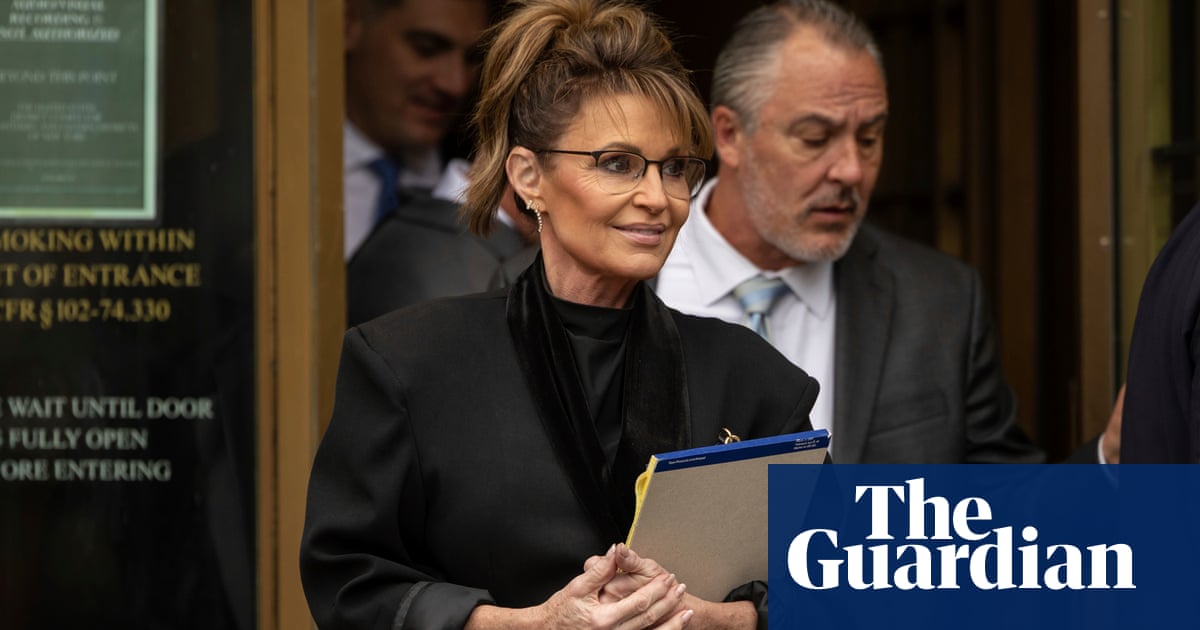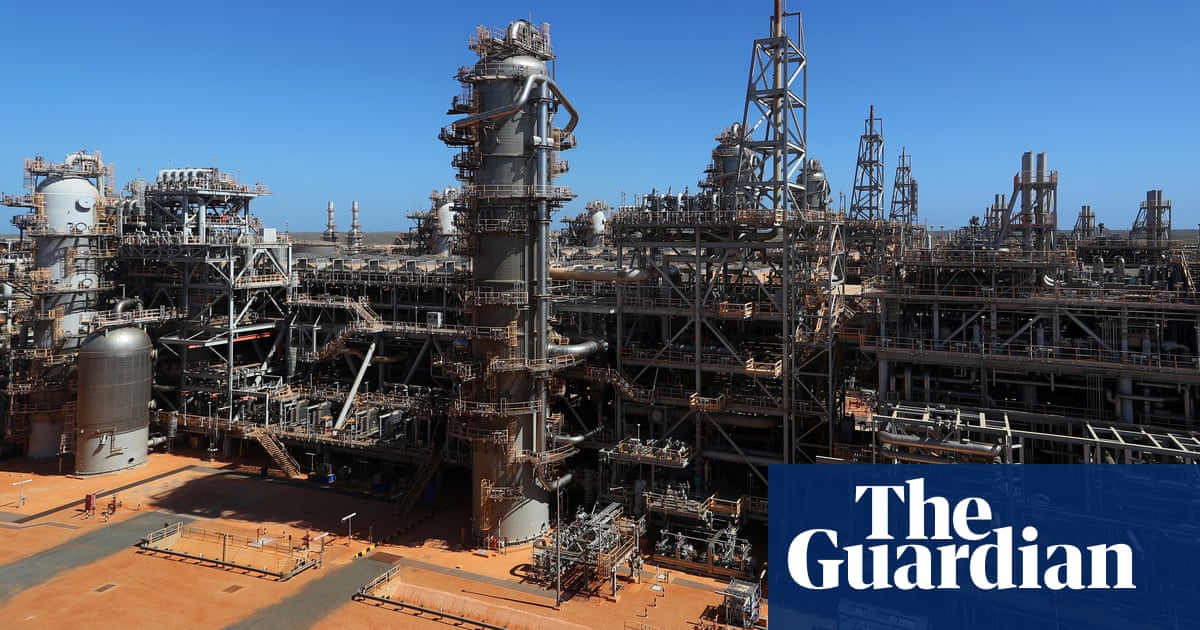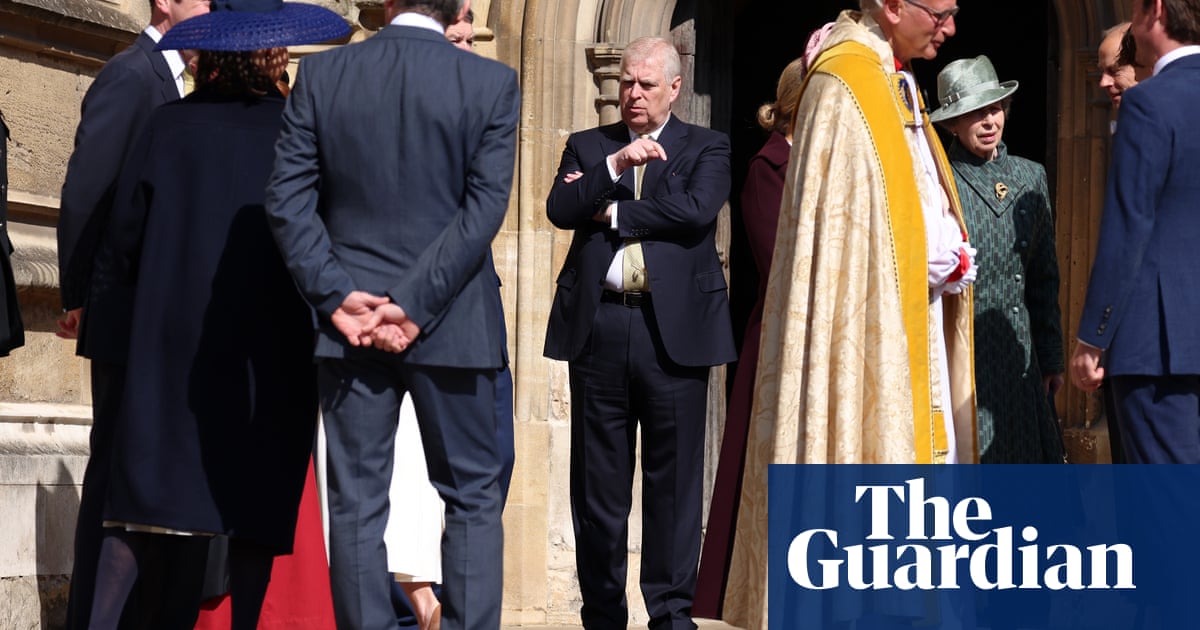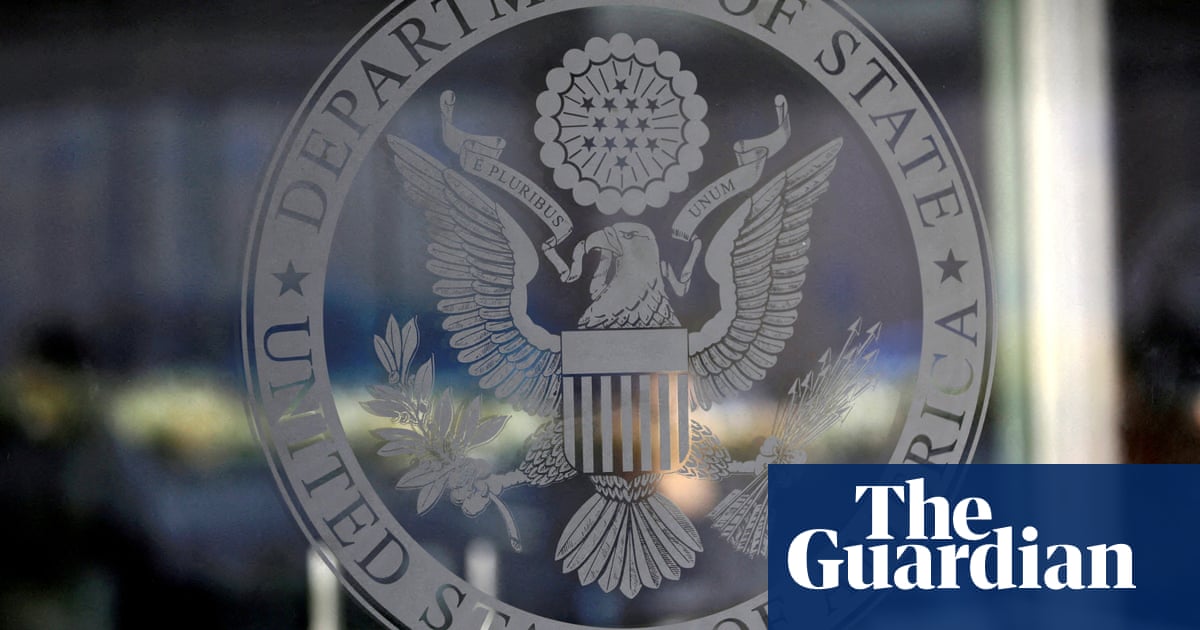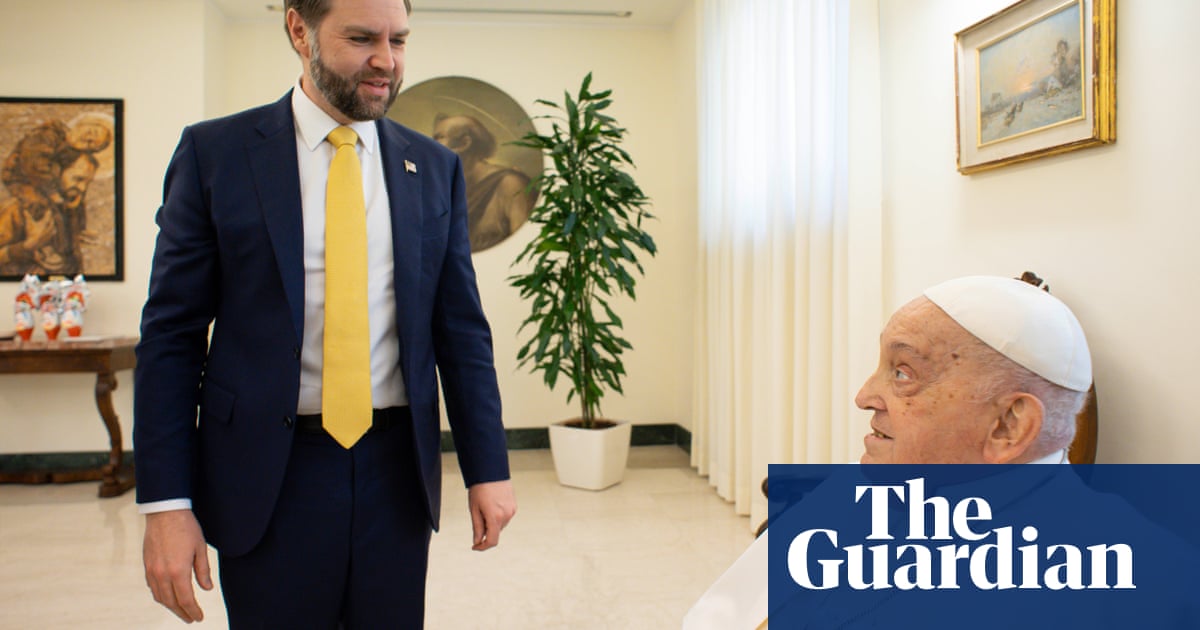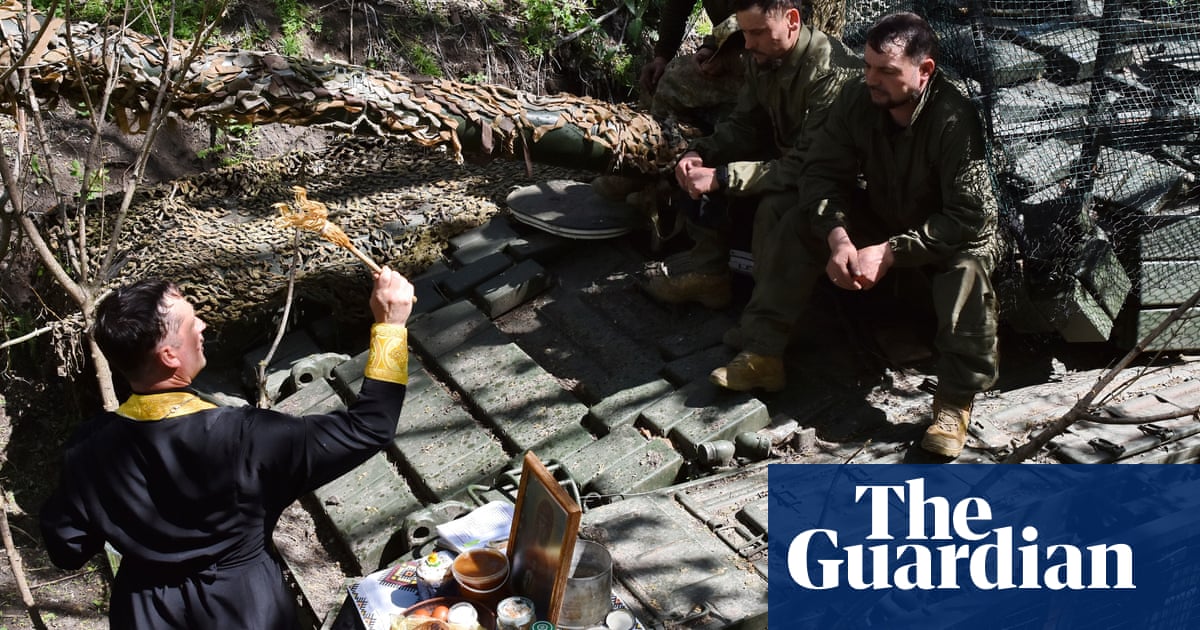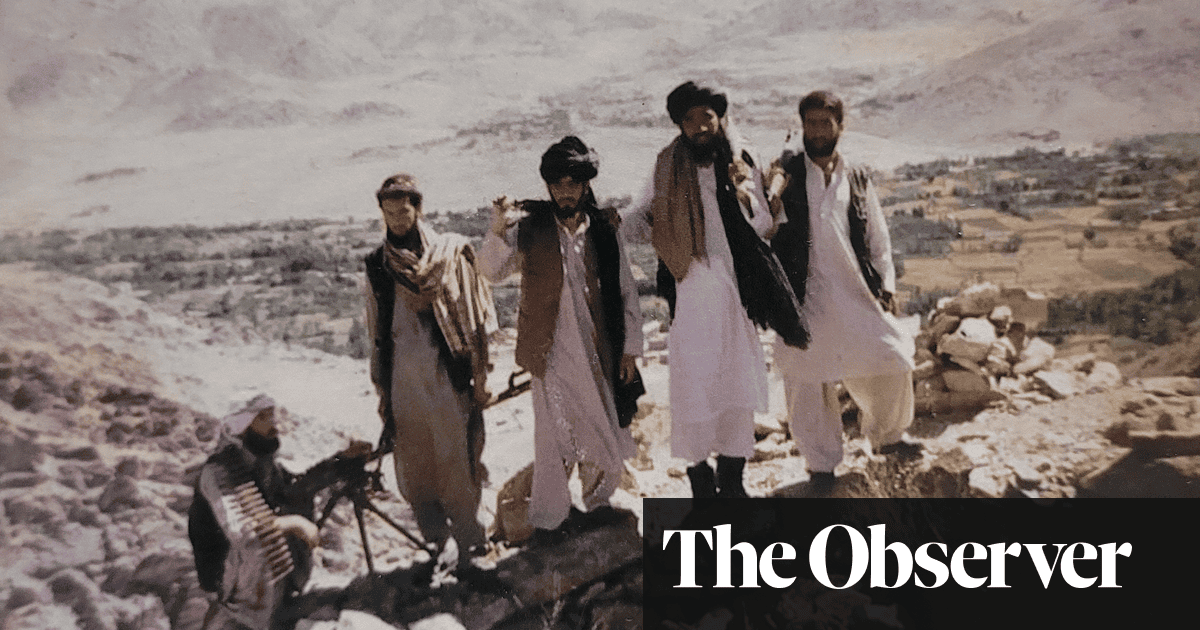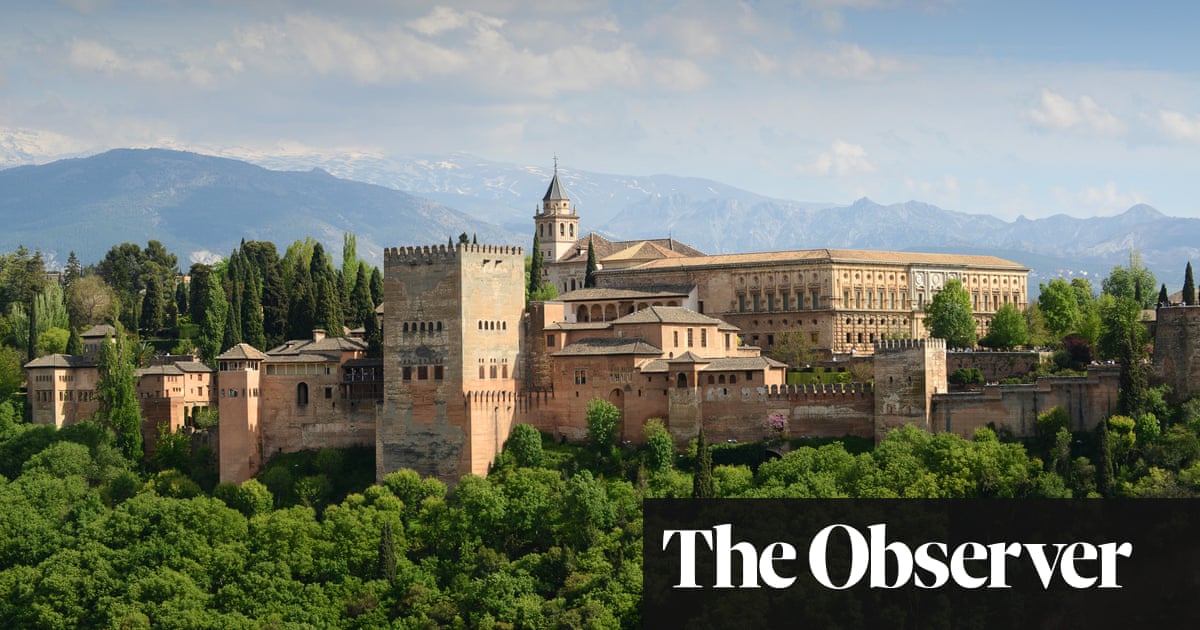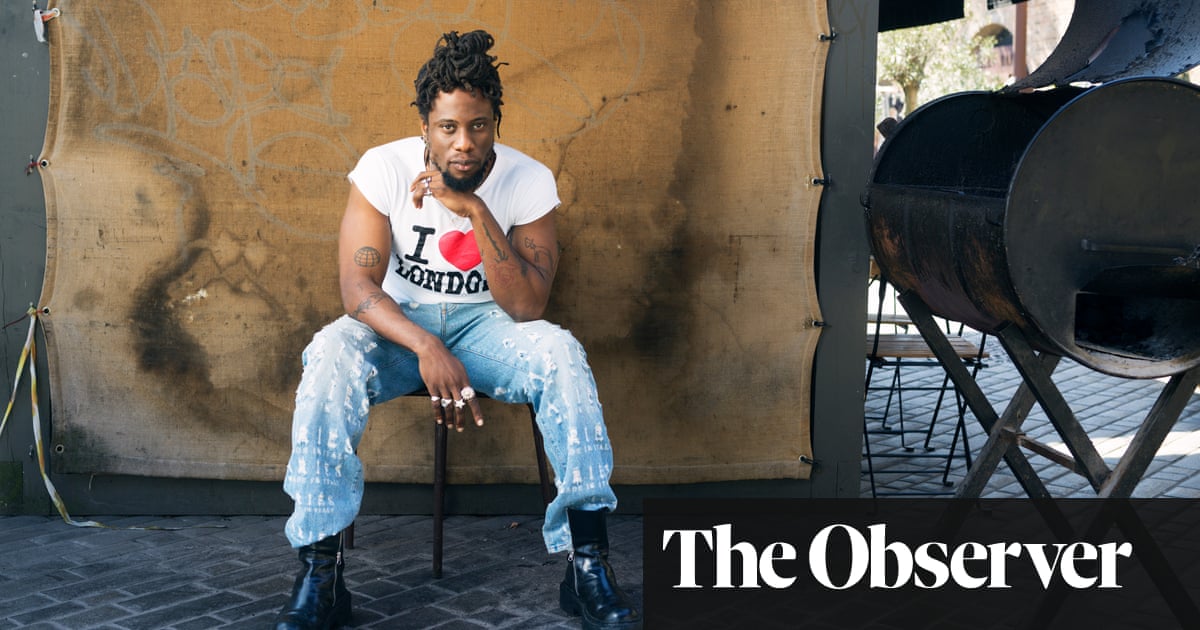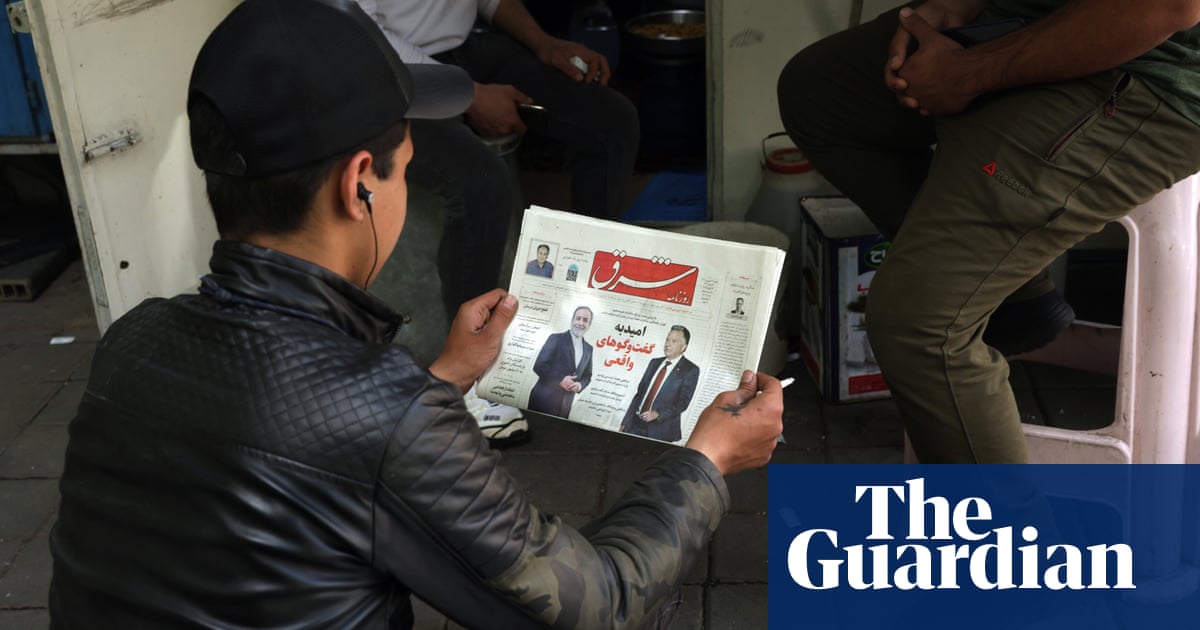Eighteen assailants and one presidential guard died during a foiled attack on the presidential complex in the Chadian capital, N’Djamena, on Wednesday night, a government spokesperson has said.
The attackers attempted to storm the presidential palace while President Mahamat Déby Itno was inside, said Abderaman Koulamallah, who also serves as the foreign minister in the military-ruled, central African country.
Heavy gunfire could be heard just before 8pm (7pm GMT) on Wednesday evening in the centre of N’Djamena. A few hours later, Koulamallah appeared in a live Facebook broadcast surrounded by soldiers, saying the situation had been brought under control. “There is no fear,” he said. “The destabilisation attempt was put down.”
Koulamallah said early on Thursday that 24 assailants armed with knives and machetes had driven to the presidency in a few vehicles that seemed to break down at the entrance, before walking out and stabbing the four entrance guards, killing one and injuring two. They then walked into the presidential compound, where other guards shot at them, killing 18 and detaining six, he said.
Like other countries in the region, Chad has been attacked repeatedly for over a decade by insurgent groups linked to Islamic State, al-Qaida and Boko Haram.
However, Koulamallah said Wednesday’s attack was “probably not” a terrorist act and referred to the attackers as drunken “Pieds Nickeles”, a reference to a French comic featuring hapless crooks.
“These are people that came from a certain neighbourhood of N’Djamena that I will not name,” he said. “They did not have war weapons, their attempt was disorganised and completely incomprehensible.”
The attack came hours after China’s foreign minister, Wang Yi, met government officials in N’Djamena during a visit to the country and a week after parliamentary elections that were boycotted by the main opposition party, Les Transformateurs.
Déby seized power power as president of a transitional military council after rebels killed his father Idriss Déby Itno, who had ruled Chad since a military coup in the early 1990s, in 2021. In May, he won a contested election to become president of the country, which is rich in oil resources but one of the poorest countries in Africa.
The central African country faces regular attacks by Boko Haram, especially in the western Lake Chad region that borders Cameroon, Nigeria and Niger.
In November, Chad, which hosted France’s last military bases in the region, ended a defence cooperation agreement with France. Around a thousand French military personnel were stationed in the country and are in the process of being withdrawn.
The pact with France had made Chad an important player in the fight against Islamic militants in the Sahel, a region that includes Chad, Mali, Niger and Sudan and that has lately experienced many coups.
Agence France-Presse and Reuters contributed to this story

 3 months ago
72
3 months ago
72


